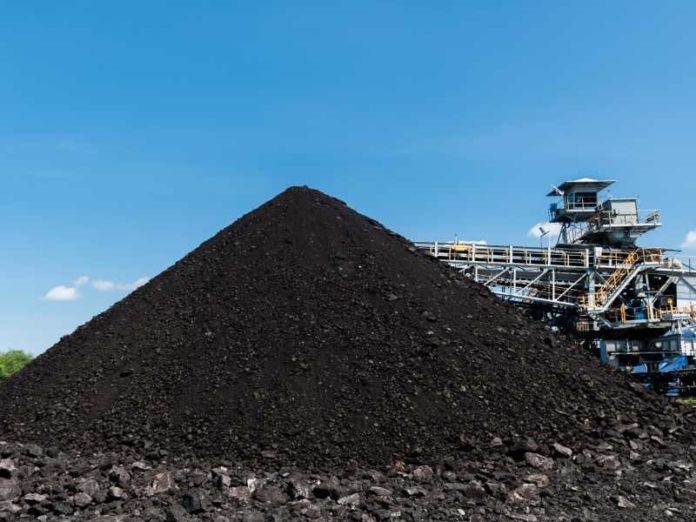
Climate Policy Initiative (CPI) and SEforALL’s Energising Finance research series recently released The Coal Power Finance in High-Impact Countries knowledge brief. The research highlighted that pockets of funders continue to finance additional coal-fired generation capacity in South Asia and sub-Saharan Africa. $42 billion was committed to grid-connected coal power plants between 2013-2019 in the 18 countries studied.
The Coal Power Finance in High-Impact Countries knowledge brief, part of SEforALL’s Energising Finance research series, analyses 18 countries with the largest electricity access gaps (i.e. high-impact countries) to identify those receiving finance for coal-fired power, the sources of this investment, its key drivers and the risks attached.
The trend is somewhat troubling in the fight against climate change and pushes to deliver universal electricity access: despite environmental, economic and many other challenges facing coal.
Olivia Coldrey, head of energy finance and clean cooking at SEforALL, said: “The idea of a coal phase-out does not hold true everywhere.
“We continue to see significant investment in coal-fired power generation in countries with high rates of energy poverty. These countries need affordable, reliable and clean energy to support their socio-economic development and to mitigate climate change. Financing new coal projects is inconsistent with these objectives and holds back the energy transition.”
Among the countries studied, Bangladesh, India and Pakistan received the majority of financial commitments to new coal plants. While in sub-Saharan Africa, Madagascar, Mozambique, Malawi, Niger and Tanzania all host active coal plant development. International finance accounted for the majority of the $42 billion, with Chinese financial institutions accounting for 40% of the total.
With South Korea and Japan recently announcing they will stop financing new coal plants overseas, China remains the last major source of international public coal finance not to have committed to ending finance for overseas coal plants.
This stands in contrast with China’s domestic energy policy, which is prioritising a transition to renewable energy, peak emissions before 2030 and a net-zero economy by 2060.
Of course, China is not the only culprit. Commercial financial institutions worldwide continue to support coal power plant development indirectly, despite having implemented policies to exclude direct financing of new coal-fired generation assets.
From 2016 to 2020, the 38 banks that exclude direct finance for coal-fired power plants have nonetheless provided over $52 billion in finance to companies engaged in coal projects.
In addition to hampering global efforts to curb carbon emissions and achieve net-zero by 2050, coal power finance carries substantial socio-economic risks for the countries that host projects, leading increasingly to stranded assets.
The brief demonstrates how infrastructure constraints and lower than expected demand in Bangladesh and Pakistan have resulted in underutilisation and, in some cases, switching off of newly commissioned coal-fired power plants.
The world’s 20 least-electrified countries by percentage of population without electricity are all in sub-Saharan Africa. Should sub-Saharan African nations continue to develop new coal-fired power generation capacity, they are likely to face similar challenges and costs to those seen in Bangladesh and Pakistan.
The long development timelines associated with coal plants and their supporting infrastructure will further slow the closing of electricity access gaps.
The brief makes the case that distributed renewable energy generation provides the fastest and most efficient path to increased electricity access in the near term. It recommends a paradigm shift from centralised coal to distributed renewable energy generation to rapidly expand electricity access in high-impact countries, not only for residential household use but at access tiers that support economic growth.
Ahead of this year’s UN High-level Dialogue on Energy and COP26, the brief recommends a reevaluation of the current geography-based carbon accounting system, which allocates emissions to countries based on their physical origin.
Instead, implementing a finance-based carbon accounting regime would force policymakers to consider the impact of domestic capital on cross-border emissions and push private investors to align their portfolios with the net-zero ambitions they support.
The full knowledge brief is available here.










